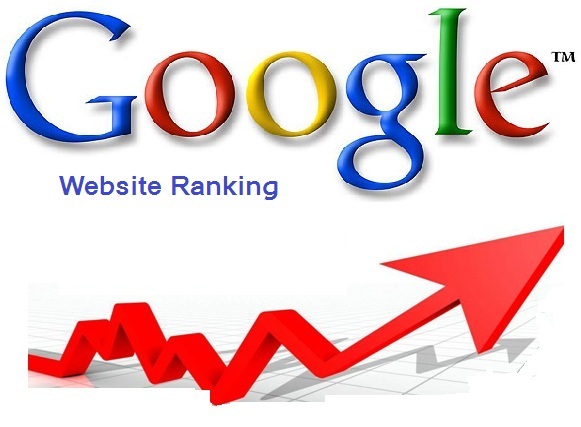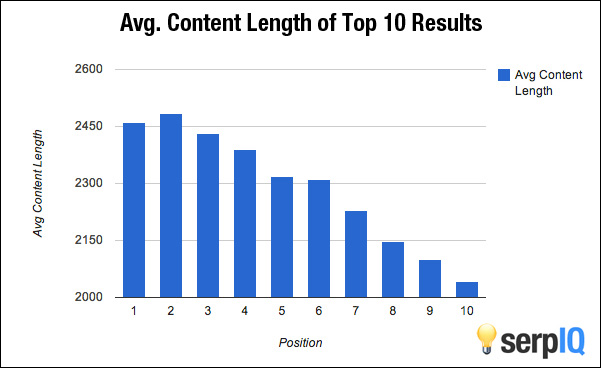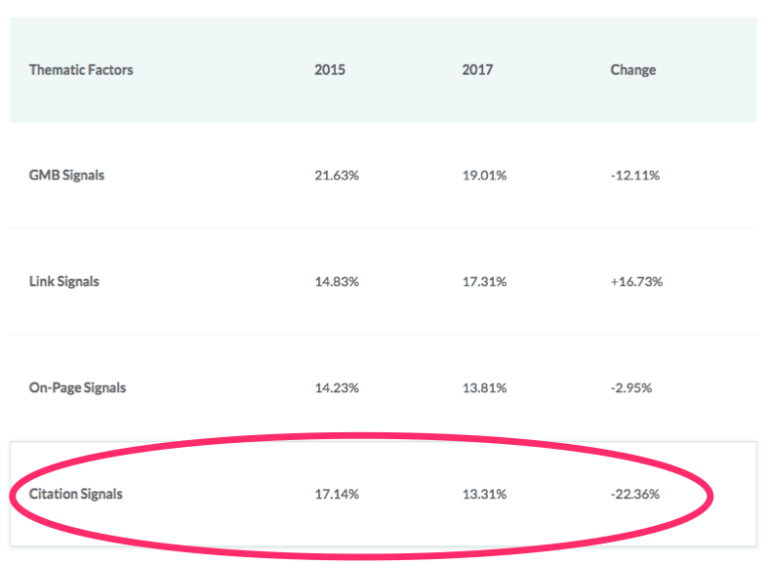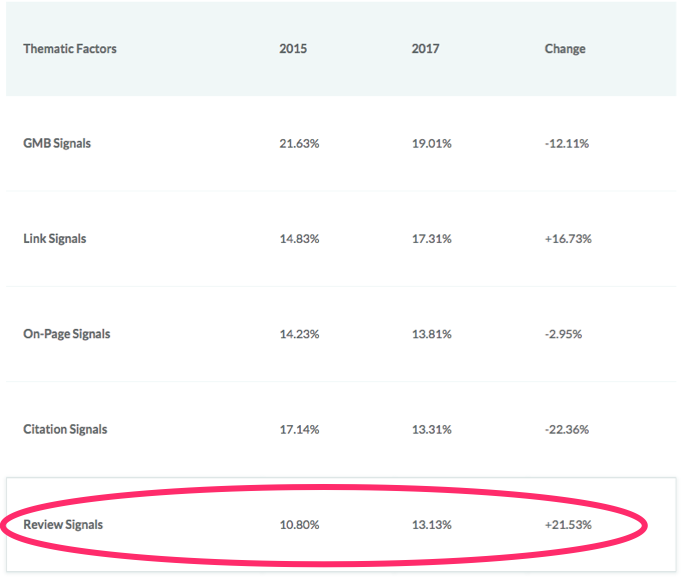We build and support awesome & affordable websites for individuals, small businesses and non-profit organizations. We love the little guys, the newbies, the novices… the up-and-comers, the mom and pops and the have nots.
 You already know why you need to care about Google search results. But do you know how much you need to care about Google search results?
You already know why you need to care about Google search results. But do you know how much you need to care about Google search results?
In case you don’t know, the stats are quite eye-popping. For one, they absolutely dominate US search market share: Google is used for 79.88% of desktop search results in the USA.
Could you imagine if 79.88% of jeans your friends wear were Levi’s? Or 79.88% of coffees sold were Starbucks? Or if 79.88% of cars you saw on the road were Jeeps?
Crazy, right?
That’s how strong of a position Google is in. And it’s even more powerful in mobile:
A full 85.82% of US mobile searches come from Google!
The point is, you don’t just have to care about Google because they’re the biggest; you have to care about them because they’re bigger than everyone else combined, times four.
What you need to know about Google search results
Google is constantly tinkering with its algorithm to deliver better search results as people change their habits, and as technology changes.
If you want to get a sense of how complicated it is, take a look at this list of known Google ranking factors.
That’s right: there’s 200!
If you’re freaked out by that triple-digit number, don’t be. This post is going to help you figure out which factors are being considered increasingly important in 2017, so you you know what to focus on for the rest of the year.
1. Indexing is now mobile first
This technically came out back in November of 2016, but it’s important enough that it bears repeating.
In the old days, before every young whippersnapper on the bus was on a smartphone, Google used a desktop web page as the basis for its ranking. Beginning in November, that changed.
According to Google’s Webmaster blog, “our algorithms will eventually primarily use the mobile version of a site’s content to rank pages from that site.”
While this may seem like a minor announcement to lay people, for some site owners, especially those who haven’t paid as much attention to mobile as they should have, it has huge ramifications.
2. Don’t be afraid to be long
Almost everyone has heard the expression, “content is king”, especially as it relates to Google search rank. It’s not much help, though — basically saying the best content is ranked best, therefore make better content to get a better ranking.
What they don’t tell you is what about that content makes it better, in Google’s mind. Fortunately, good people all across the internet have spent many hours looking into just that question.
One clear answer, found by study after study, was that there is a correlation between search rank and content length.
Consider the following results of a SerpIQ study:
 Top-ranking content tends to be quite a bit longer than mid- or lower-ranking content!
Top-ranking content tends to be quite a bit longer than mid- or lower-ranking content!
This makes sense, as longer content likely goes in greater depth, or covers a subject from multiple angles. Therefore, it will be more useful to more people, and will be linked more often.
And we all know that back-links are a key factor in Google’s search algorithm…
The move: You may have made your content short and sweet under the assumption that people don’t like to spend lots of time on one piece. Go check out what you may have shortened, and see if you can include as much good stuff as you can.
(Psst…that includes your homepage, too! SEO hero/entrepreneur/online wizard Neil Patel found that a long form version of his homepage yielded more leads, and higher-quality ones as well!)
The move: Check out what sort of site configuration you have for mobile devices.
3. Citation signals took a hit.
A citation signal is someone mentioning your site without providing the all-important back-link. They’re commonly found in directories, like local business listings or yellow pages. While they don’t link out, they’re important to Google, especially in cases of local businesses that don’t rely as heavily on personal websites (think contractors, landscapers, etc.).
But according to some research from Moz, citations are becoming less important:

(Source)
Moz estimates that citation signals dropped from 17.14% of Google’s local search rank to 13.31% — a drop of 22.36%!
That’s a big number, but since 13.31% is still a big, big chunk of a ranking factor, it doesn’t mean you can just ignore citations.
The move: Make sure you’re in local directories, as well as any directories relevant to your field. Otherwise, focus on newer, more relevant factors.
4. Reviews are becoming more important.
When something goes down, another thing must go up, right?
That’s exactly the case with review signals. Check out the following from Moz:

(Source)
Review signals rose 21.53% to influence about 13% of a ranking! That’s a huge leap, and for a good reason.
Reviews are a powerful form of social proof that a majority of people people trust as much as personal recommendations! It’s no wonder, then, that Google is recognizing this and incorporating the power of reviews into their search engine.
The move: If you haven’t focused already on collecting reviews, now is the time to do so. The best way to get started is to reach out to your old customers, asking them to leave reviews. That way, you’ll help convert new customers, who may be worried about buying from a new, untested business.
Wrapping up
Google’s algorithm is continuously evolving, and it’s quite a bit different now than it was even a few years ago. While many things, like its emphasis on back-links, have stayed the same, new features are always cropping up. That’s why it’s important to do a check once a year to see how your site is stacking up.



